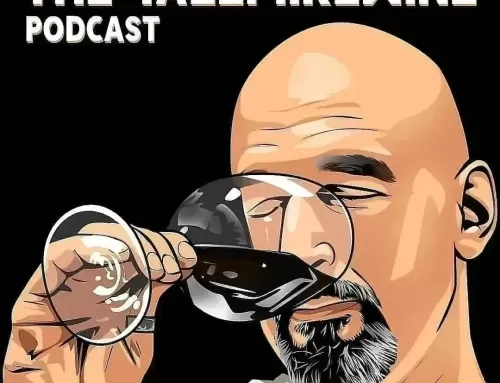A reader asked me to provide some additional detail as to why I thought Initiative 1183 would negatively impact small wineries, distributors, and retailers. For all, here’s a distillation of the argument presented in previous posts.
Small wineries will have a harder time selling their wine because:
1) Grocery stores sales of Washington wine will decline due to decreased shelf space caused by central warehousing and the addition of spirits. While many of the wineries represented on grocery store shelves are mid to large-sized, many small wineries are represented as well.
2) There may be a consolidation of small distributors, making it harder for wineries to find distribution channels (see below).
3) Small retailers may have a harder time selling their wines because they are no longer price competitive with high volume/high quality (that is, currently comparable priced) wines from California and other areas due to volume discounting and case break fees.
4) State liquor store wine placement will go away, a significant loss for some Washington wineries, although many of these are, again, mid to large-sized brands.
Similarly, small distributors may have a harder time selling small winery wine because of:
1) Decreased grocery store placement
2) An inability to make substantial volume discounts on small production wines
3) Increased competition from high volume/high quality (again, currently comparably priced) wines and increased competition due to a decrease in outlets (grocery stores and state liquor stores)
4) Loss of state liquor store wine placement
Finally, small retailers may have a harder time selling small winery wine primarily because it may no longer be price competitive with high volume/high quality wine due to volume discounting and case break fees.
That’s the argument. If you read the extensive comment thread here there is obviously a lot of discussion and disagreement on whether this will happen. As I mentioned in one of those comments, to me whether this all plays out this way depends on whether enough people make a special trip to the wine store to purchase local wines at an equal or higher price compared to wines from other regions. It’s worth noting that there would actually need to be an increase in people doing this to offset the loss of grocery store and state liquor store sales. This means that you still doing what you’re already doing won’t be enough to sustain the industry as it currently stands unless other people change what they are doing.
To keep the discussion thread on 1183 in a single location, if you wish to comment, please do so here (Note: I have restricted comments on today’s post). If you haven’t already done so, it’s worth reading through the comments already posted as many have already touched on these issues, for and against.
Read additional posts on Initiative 1183 here.







Leave A Comment